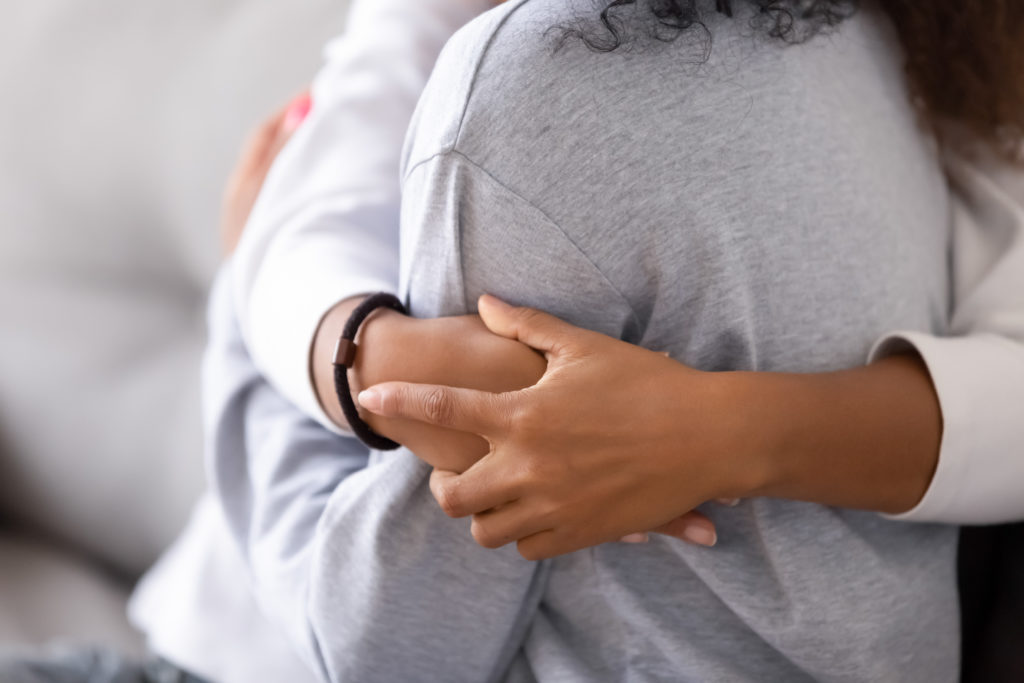There are many dangerous myths surrounding domestic abuse. The campaign is challenging some of those most extensively believed and deep-seated misconceptions.
‘Busting the myths’ about domestic abuse
Below are some of the most common misunderstandings about domestic abuse:
Myth: Domestic abuse only occurs in impoverished, inner-city areas.
Fact: From an urban or rural area, rich or poor, anyone can experience domestic abuse, it doesn’t matter where you live or how much income you have. It happens in all types of relationships, regardless of employment status and what type of house you live in.
Myth: Domestic abuse always involves physical or sexual violence.
Fact: Domestic abuse is often thought of as the beating up of a partner or sexual assault, but sometimes there is no physical assault. Other abusive behaviours include:
- Coercive control
- Psychological abuse
- Financial/economic control
- Emotional abuse
- Harassment
- Stalking
- Online or digital abuse
Myth: Only women experience domestic abuse
Fact: Men can also experience domestic abuse from their female partners. People can be subjected to abuse regardless of how they identify their sexuality. Abuse can happen in same-sex relationships. However, it is not just between partners, it can be between other types of family relationships.
Myth: Domestic abuse is a rare occurrence.
Fact: Often domestic abuse goes on behind closed doors and is underreported, however, it’s not an uncommon occurrence. One in four women and one in six men will experience domestic abuse in their lifetime.
Myth: Domestic abuse is often a one-off incident.
Fact: An abusive relationship has an ongoing cycle of incidents of controlling, coercive or threatening behaviour, violence or abuse between those aged 16 or over who are or have been intimate partners or family members. It will often get worse over time.
Myth: Survivors often provoke assaults and therefore “ask for it.”
Fact: Domestic abuse cannot be justified in any way. Nobody is responsible for making someone abusive towards them. Abuse that has been going on in a relationship for a long time, sometimes decades, often becomes normalised by a survivor, even to the point of believing they deserve to be hurt. This can lead to someone rationalising and defending their abuser’s behaviour.
Myth: An abusive relationship doesn’t always affect the children.
Fact: An estimated 90% of children whose parents are in an abusive relationship witness the abuse. When a child witnesses domestic abuse it is child abuse. The trauma can have a long-lasting emotional and psychological effect on them.
Myth: Domestic abuse is a private matter that others should not get involved in.
Fact: Domestic abuse is a crime and should not be ignored. Ignoring the signs of domestic abuse in a friend or family member may lead to them not getting the help they need to regain control of their lives. Trying to tackle the situation on your own may be dangerous for you or the person experiencing abuse, but advice on how to help someone who is in an abusive relationship is available (details below).
If you or someone you know is experiencing domestic abuse, you can contact us or telephone 0800 69 49 999.
In an emergency you should always dial 999, if you are unable to speak because you are worried you will be overheard you can press 55 and the operator will know that you need assistance.

